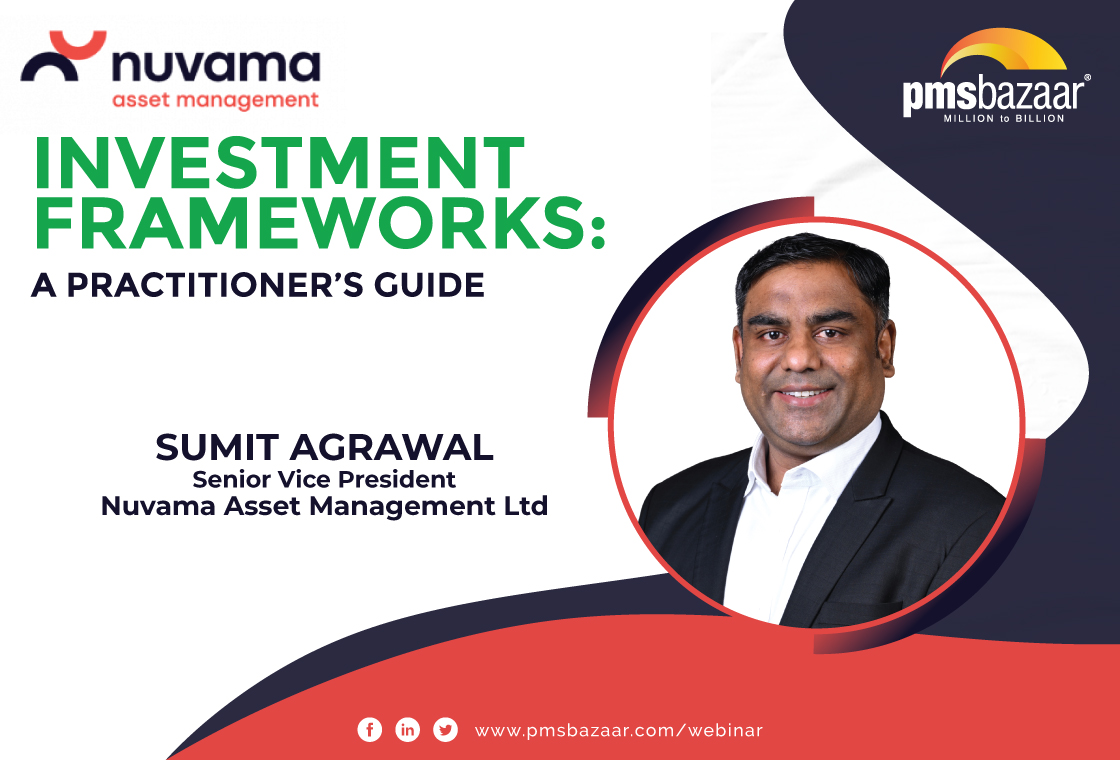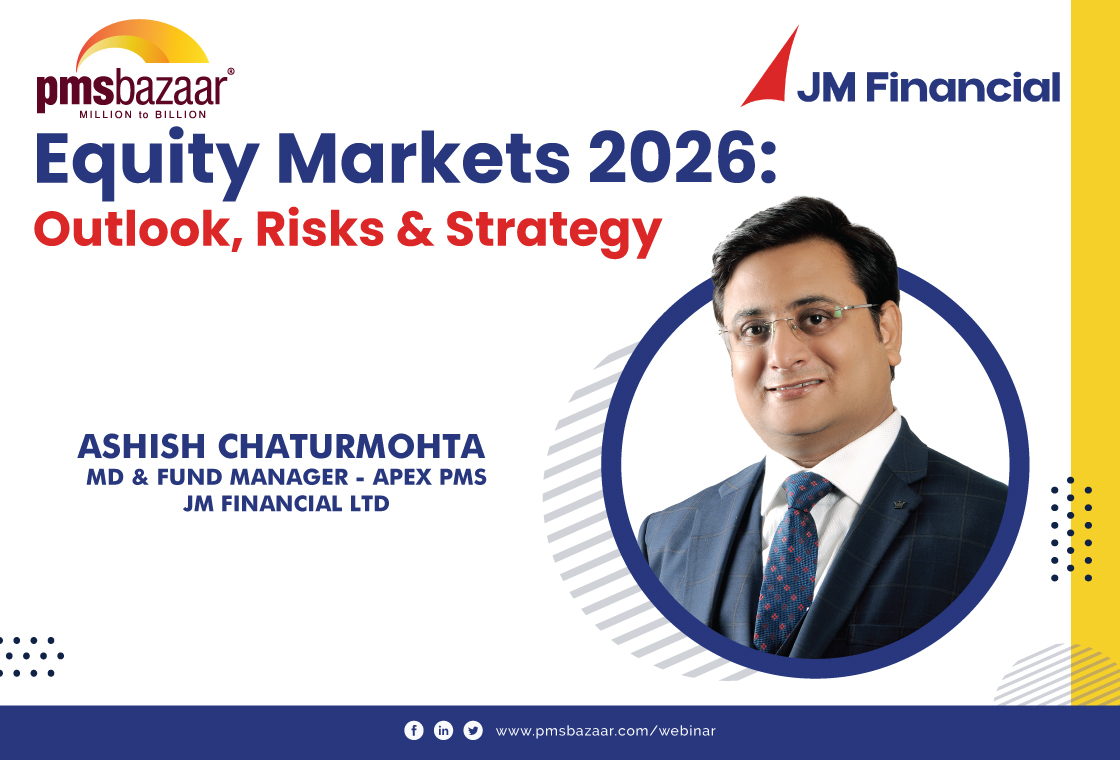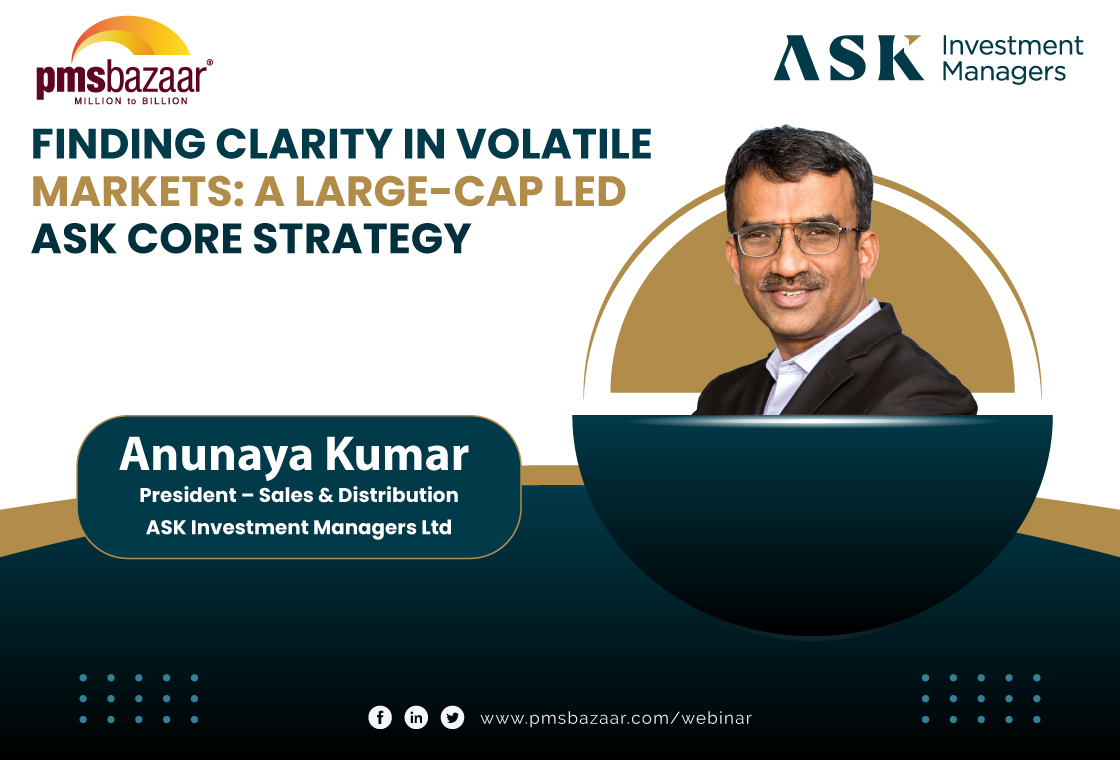Asset management has seen a rise in the use of artificial intelligence (AI), which has transformed the industry in many ways. It has improved the trading, risk management, and portfolio management processes by enhancing efficiency, accuracy, and compliance. Quant Funds are a sort of quasi-active, quasi-passive investment where the fund manager is in charge of the eventual investment decisions, but their actions are guided. Particularly, AI-based quant funds support the creation of portfolios based on precise risk and return. In this blog, we shall cover how competent fund managers make intelligent use of the actionable AI input to design quant funds to create long-term wealth for investors.

The Indian market has been predominantly controlled by active investing over the past few decades, where the fund manager's ability to recognize top-performing equities as well as the appropriate sectors has been most prized. Quantitative funds (quant funds) have, however, been more popular in India over the past few years since traditional fund managers have found it difficult to outperform benchmarks.
Based on this innovative concept PMS Bazar conducted a webinar titled – "Stagflation, War, Another Wave? How to beat Nifty without losing sleep". The keynote speakers were Mr. Nikhil Hooda and Mr. Atanuu Agarrwal, Co-Founders of Upside AI. They believe that over the long run, technology will make better investing decisions than humans over the long term. Machines are objective, emotionless, and unaffected by market euphoria and panic. Some of the key insights that were covered in the webinar have been discussed below.
The Key Insights of this Webinar are:
- Factors affecting the equity market
- How AI helps in making investment decisions
- About Quant funds
1. Factors that affect the equity market
The market is impacted by a variety of variables. But if you strip away everything on the exterior and focus on the most fundamental element, it is straightforward: supply and demand. Similar to other commodities, the price of stocks will rise or fall depending on the balance between supply and demand. Prices on the stock market can also be impacted by investor emotion. How investors are making investments affects how the stock market performs. Stock prices will rise if investors are taking bigger risks and making more aggressive investments. However, if investors are more cautious and favor safety over risk, stock prices will decline.
Many recent events have affected the stock markets in India and globally as well. Markets in Asia have been erratic, and oil prices have risen, as the conflict between Russia and Ukraine has intensified. If the situation does not improve in the future, the market is likely to take a further hit as the oil prices will continue to remain at high prices.
The COVID-19 pandemic's effects on the economy has had wide-ranging and negative effects on the stock, bond, and commodity (such as crude oil and gold) markets. In March 2020, the stock market crashed and crude oil prices collapsed as a result of a purported Russia-Saudi Arabia oil price war that occurred as a result of the failure of OPEC+ to reach an agreement. The COVID-19 recession's repercussions on the markets are one of the numerous negative economic ramifications of the pandemic.
Both positive and negative market effects can result from changes in interest rates. In reaction to economic activity, central banks frequently adjust their target interest rates, raising them when the economy is excessively robust and decreasing them when it is weak.
The Federal Reserve Board (the Fed), which is in charge of determining the target interest rate at which banks in the United States borrow and lend money to one another, is in charge of setting the federal funds rate, which has an impact on the whole economy. The stock market typically reacts to changes in this interest rate more quickly than the general economy, which typically takes at least a year.
2. How Do You Factor In the above Events While Deciding on A Stock Portfolio?
AI will help analyses by scoring all basic factors that affect the price such as valuation, growth, quality, sentiment, and risks, and adjust each factor according to a market situation to get a proper investing ratio regarding your risk acceptable level. Because of human shortcomings and biases, which prioritize emotion over logic and cloud judgment and analysis, AI has been introduced to the investment world.
By addressing low-value tasks, AI-based applications can either supplement human expertise or proactively take on more strategic roles for enterprises. In either case, asset management with AI ensures a high level of forecast accuracy by examining trillions of scenarios and data points.
3. Quant Funds
A quant fund is an investment fund whose stocks are selected using quantitative analysis-derived numerical data. These funds are regarded as non-traditional and are built utilizing unique models that are determined by software. The idea behind quant funds is to reduce the risks and losses that come with human fund managers' management by selecting investments using numerical inputs and computer programs.
Quant funds, in general, today dominate the developed market. The top five hedge funds in the world are quant funds. Today investing is becoming more tech-driven. The most successful investor of all time is a quant fund, which has delivered 60% plus annualized gross returns since the 1980s. Even in China, 100 million yuan of funds are tied up in quant funds. A broad category of investing strategies known as "quantitative investing" includes everything from high-frequency trading, which occurs at a sub-microsecond frequency, to a strategy that holds the same portfolio for more than a year. But at its core, a quant fund is just any investment strategy that heavily relies on quantitative tools and methods. Creating the investment tools and models is essentially the extent of human engagement in such funds.
The speed with which new quant funds are getting launched in India is also picking up, which will present investors with a variety of options. However, the AI landscape in India in terms of trading is more on helping investors trade better like Algo trading. Algo trading is a branch of Quant investing where even the placement of orders is automated. Now, many asset management companies also use AI technology for Algorithmic Trading and to support general investors. Large trading volumes at speeds that cannot be matched by people are often characteristics of algorithmic trading. While the fundamentals of investing are still done by humans.
A fund manager is responsible for implementing a fund's investment strategy and managing its trading activities. They oversee mutual funds or pensions, manage analysts, conduct research, and make important investment decisions. Quantitative funds have a very recent history in India, and the majority of them are found in PMS and AIF, two types of alternative investment vehicles. Therefore, it can be a little challenging to evaluate their performance objectively over extended periods.
Mr. Hooda and Mr. Agarrwal covered all the above-mentioned topics in-depth and answered some questions from the audience towards the end of the session. They also discussed in-depth their product Upside AI Navigator and how this product can give NIFTY-like returns with debt-like stability. For more such insights on AI and the stock market and an in-depth understanding of Upside’s product, watch the recording of this insightful session through the appended link below:
Get access to rich data and analytics of PMS & AIF by subscribing to us. Join the 40000+ investors & experts now: Subscribe NOW
Recent Blogs

January Rout, Extreme Dispersion: PMS Returns Swing From Losses to Gains
Benchmark falls deepened losses, but multi-asset and debt cushioned portfolios meaningfully

Investment Frameworks : A Practitioner’s Guide
PMS Bazaar recently organized a webinar titled “Investment Frameworks: A Practitioner’s Guide,” which featured Mr. Sumit Agrawal, Senior Vice President, Nuvama Asset Management Limited. This blog covers the important points shared in this insightful webinar.

Aurum Multiplier Portfolio - Where Small and Mid-Cap Alpha Meets Large-Cap Stability
PMS Bazaar recently organized a webinar titled “Aurum Multiplier Portfolio - Where Small and Mid-Cap Alpha Meets Large-Cap Stability,” which featured Mr. Sandeep Daga, MD& CIO, Nine Rivers Capital and Mr. Kunal Sabnis, Portfolio Manager, Nine Rivers Capital. This blog covers the important points shared in this insightful webinar.

Flat Markets, Wide Outcomes: How 484 PMS Strategies Performed in Dec 2025
December 2025 was a month where market returns stayed close to flat, with the Nifty 50 TRI at -0.28% and the BSE 500 TRI at -0.24%.

Equity Markets 2026: Outlook, Risks and Strategy
PMS Bazaar recently organized a webinar titled “Equity Markets 2026: Outlook, Risks and Strategy,” which featured Mr. Ashish Chaturmohta, MD & Fund Manager – APEX PMS, JM Financial Limited. This blog covers the important points shared in this insightful webinar.

MICRO CAPS: The Dark Horses of the Indian Equity Market
PMS Bazaar recently organized a webinar titled “MICRO CAPS: The Dark Horses of the Indian Equity Market,” which featured Mr. Rishi Agarwal and Mr. Adheesh Kabra, both Co-Founders and Fund Managers, Aarth AIF. This blog covers the important points shared in this insightful webinar.

Finding Clarity in Volatile Markets: A Large-Cap Led ASK CORE Strategy
PMS Bazaar recently organized a webinar titled “Finding Clarity in Volatile Markets: A Large-Cap Led ASK CORE Strategy,” which featured Mr.Anunaya Kumar, President – Sales and Distribution ASK Investment Managers Limited. This blog covers the important points shared in this insightful webinar.
.jpg)
Passively Active Investing — A Modern Investor’s Lens on ETF-Based PMS
PMS Bazaar recently organized a webinar titled “Passively Active Investing — A Modern Investor’s Lens on ETF-Based PMS,” which featured Mr. Karan Bhatia, Co-Founder and Co-Fund Manager , Pricebridge Honeycomb ETF PMs. This blog covers the important points shared in this insightful webinar.

